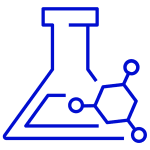Introduction
ERP have become the digital backbone for enterprises worldwide. In Poland, industries such as Healthcare, Retail, Manufacturing, Education, Construction, Logistics, Agriculture, Finance, Hospitality, and Energy are increasingly adopting it to streamline operations, reduce costs, and improve agility.
By integrating finance, operations, supply chain, and customer-facing processes into a unified system, ERP empowers organizations to make faster, data-driven decisions. In an era where businesses in Poland face rising competition and evolving regulatory landscapes, adopting ERP is no longer optional, it’s a strategic necessity for long-term growth.
ERP in Healthcare
In Healthcare across Poland, ERP supports patient record management, medical supply tracking, billing integration, and regulatory compliance. Hospitals use it to improve both back-office efficiency and patient outcomes.
- It enables seamless integration with electronic health records (EHRs), ensuring doctors and staff have real-time access to accurate patient information.
- It improves resource allocation by optimizing staff scheduling, bed management, and equipment utilization, which is especially critical in high-demand hospitals across Poland.
- With built-in analytics, ERP helps healthcare administrators forecast patient demand, monitor performance KPIs, and enhance overall quality of care delivery.
ERP in Retail
Retailers in Poland adopt ERP to manage point-of-sale systems, omnichannel inventory, supplier coordination, and loyalty programs. It ensures smooth supply chain visibility from warehouse to checkout. It provides real-time sales and customer insights, allowing retailers in Poland to personalize promotions and optimize pricing strategies across channels.
It streamlines e-commerce integration, ensuring that online and offline operations are synchronized reducing stockouts, improving fulfillment speed, and enhancing the overall customer experience.
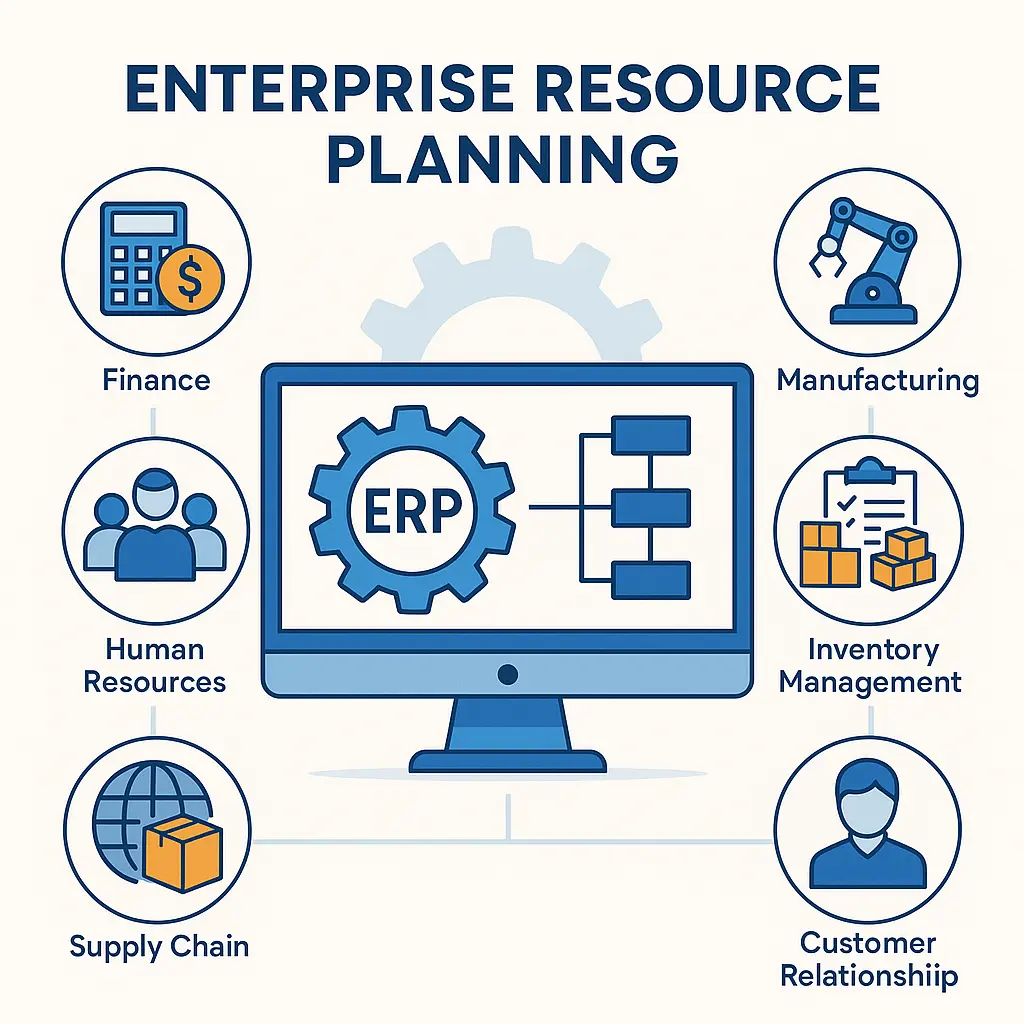
ERP in Manufacturing
Manufacturing firms in Poland rely on ERP for production scheduling, quality control, resource planning, and predictive maintenance. Integration with IoT makes factories smarter and more efficient.
- It enables end-to-end supply chain visibility for manufacturers in Poland, ensuring raw material sourcing, production workflows, and distribution are seamlessly connected.
- It supports regulatory compliance and quality certifications by automatically documenting processes, generating audit trails, and standardizing reporting across manufacturing sites.
- By integrating demand forecasting with production planning, ERP helps manufacturers in Poland reduce overproduction, minimize waste, and optimize inventory levels.
ERP in Education
Schools and universities in Poland aren’t just about academics anymore, they’re also about running complex operations. ERP makes it easier. Admissions, grades, payroll, and campus facilities are all managed in one place. Faculty scheduling and payroll become more accurate and less time-consuming. Plus, it integrates with digital learning tools, making education delivery more modern and student-friendly.
ERP in Construction
In construction, every delayed day costs money. Companies in Poland use ERP to keep projects moving on time and within budget. Delays don’t just push back timelines, they also impact supplier schedules, labor costs, and client satisfaction. That’s why visibility and control are critical in the construction industry.
- It tracks project progress in real time, giving managers immediate visibility into bottlenecks.
- Costs are compared against estimates automatically, so overruns are spotted early.
- Contractors, suppliers, and subcontractors all stay aligned thanks to one central system.
ERP in Logistics
Logistics is the backbone of trade in Poland, but it’s also one of the hardest sectors to run smoothly. Delays, rising fuel costs, and complex supply chains can quickly disrupt operations. ERP helps by optimizing delivery routes, saving time, reducing fuel expenses, and keeping shipments on track.
It also keeps multiple warehouses in sync so inventory moves without disruption. And when connected with WMS and TMS, businesses in Poland gain complete end-to-end visibility, tracking goods in real time, minimizing errors, and improving efficiency across the supply chain.
ERP in Agriculture
Agriculture in Poland is changing rapidly, with farmers and agribusinesses under pressure to boost productivity while staying sustainable. ERP makes this easier by tracking crop cycles, inputs, and outputs in real time, helping maximize yields and cut unnecessary costs.
It also aligns day-to-day operations with global food safety and sustainability standards. With powerful data-driven insights, farmers in Poland can plan smarter, reduce waste, and make better long-term decisions that keep them competitive in a fast-evolving industry.
ERP in Finance
Banks and financial institutions in Poland need to balance risk, compliance, and growth. ERP gives them the edge.
- It automates risk monitoring and reporting to regulators.
- Fraud detection gets sharper thanks to AI-powered anomaly tracking.
- Executives get real-time dashboards, so decisions are made with confidence.
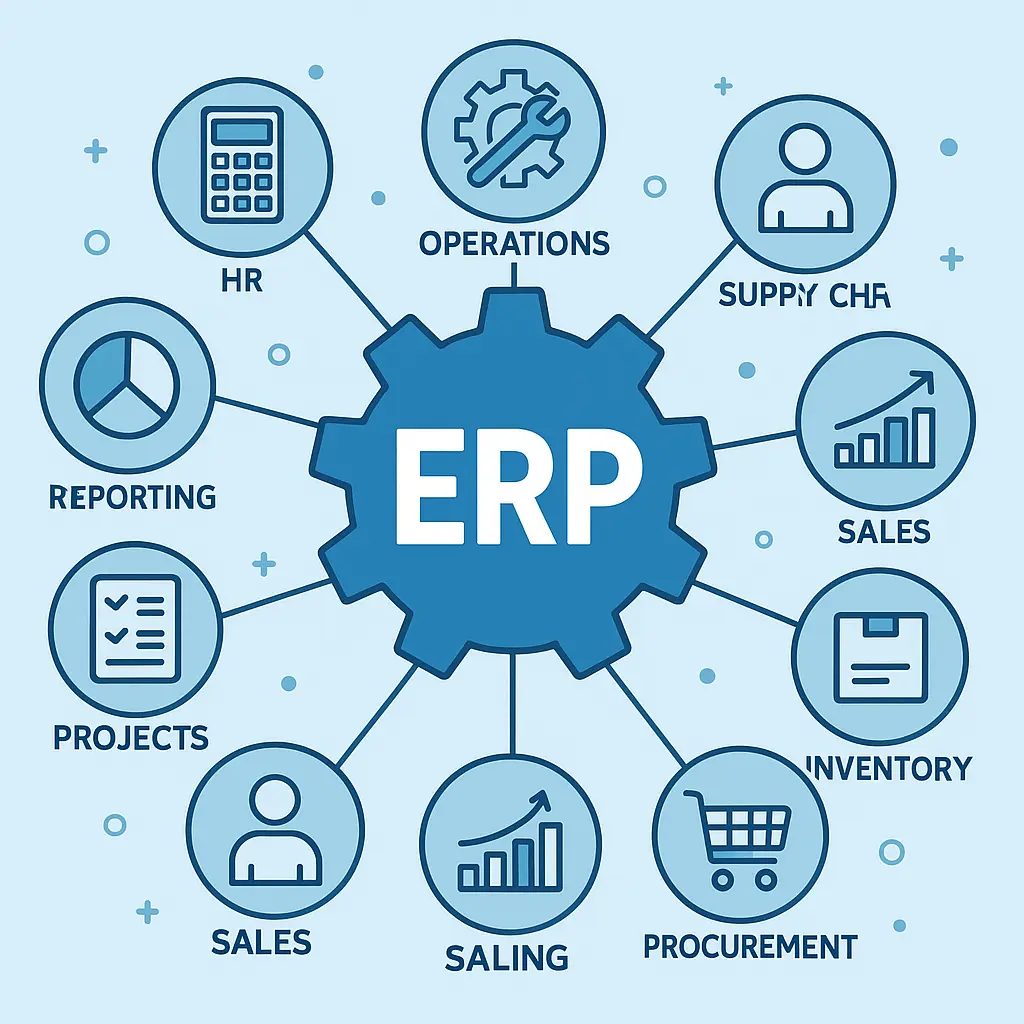
ERP in Hospitality
Hotels and resorts in Poland don’t just compete on price they win or lose based on the guest experience. That’s why more operators are turning to ERP to keep everything behind the scenes running like clockwork. From front desk check-ins to housekeeping and food & beverage operations, all key functions are connected in one place, cutting down on errors and delays.
At the same time, ERP makes personalization easier. Guest preferences and loyalty data can be turned into highly tailored experiences, while staff schedules are optimized to handle peak seasons effortlessly. For hotels in Poland, that means happier guests, better reviews, and higher repeat bookings.
ERP in Energy
Energy providers in Poland, especially renewables face unique challenges. ERP provides the tools to stay efficient and compliant.
- Tracks energy production and distribution in real time for better efficiency.
- Allocates workforce and resources to the right projects at the right time.
- Forecasts renewable energy output using advanced analytics models.
Ready to transform your operations?
Talk to our ERP Experts Today
Conclusion
From healthcare to energy, every industry in Poland is finding new ways to grow with ERP. It’s not just software, it’s the backbone of digital transformation. And the companies adopting it today? They’re the ones that will stay competitive tomorrow.
Recent Posts

AI-Powered Packaging Inspection with Computer Vision


How a Custom WMS helped UPS automate 2.4M Transactions

Cost of building an AI Recruitment tool
Discover how ERP can streamline your business in Poland
Partner with Nyx Wolves
As an experienced provider of AI and IoT software solutions, Nyx Wolves is committed to driving your digital transformation journey.
Your benefits:
- Client-oriented
- Independent
- Competent
- Results-driven
- Problem-solving
- Transparent
What happens next?
We Schedule a call at your convenience
We do a discovery and consulting meting
We prepare a proposal
Schedule a Free Consultation
See Our Case Studies
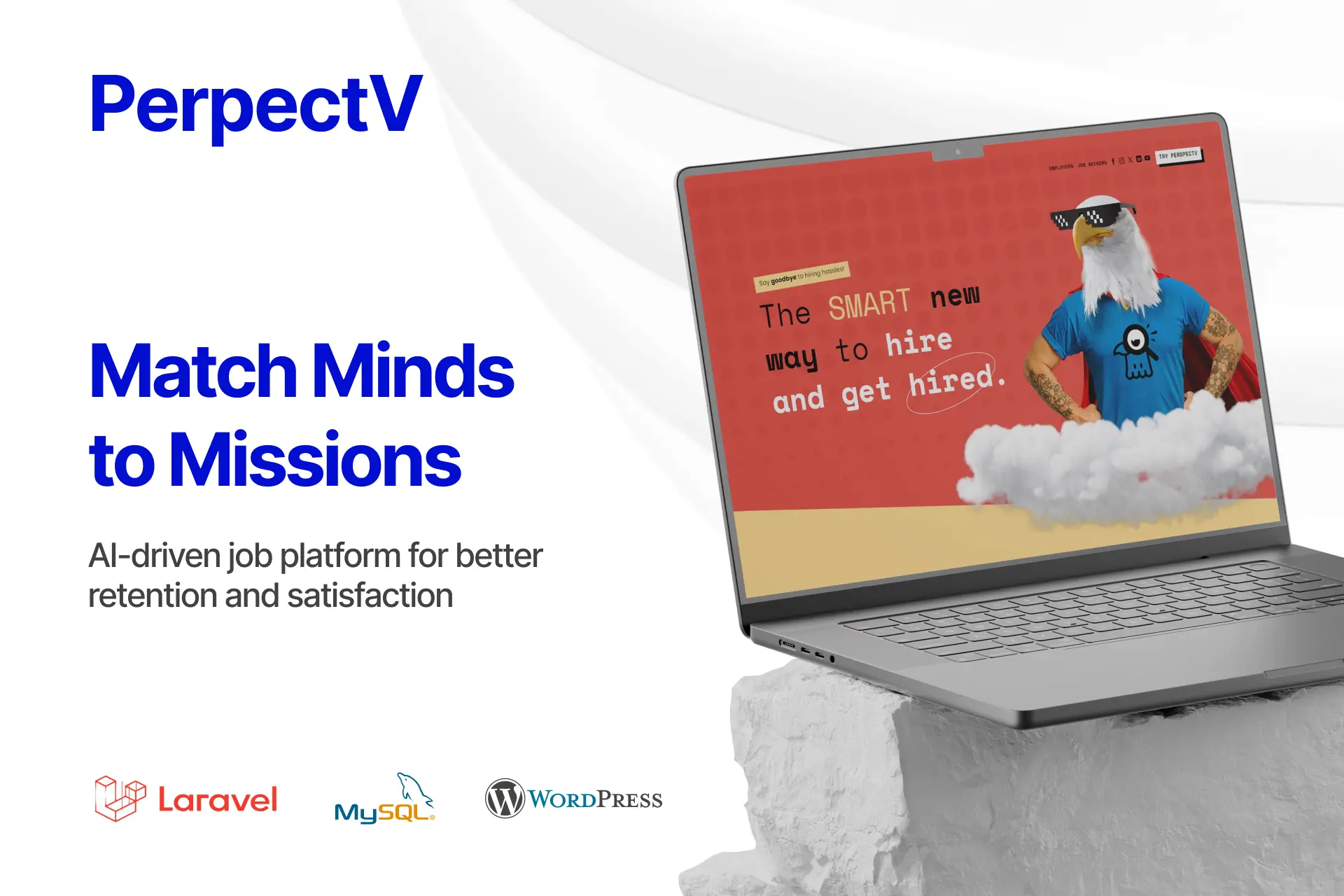
AI-powered job matching platform
PerpectV AI-Powered Job Matching Platform for Leading South African
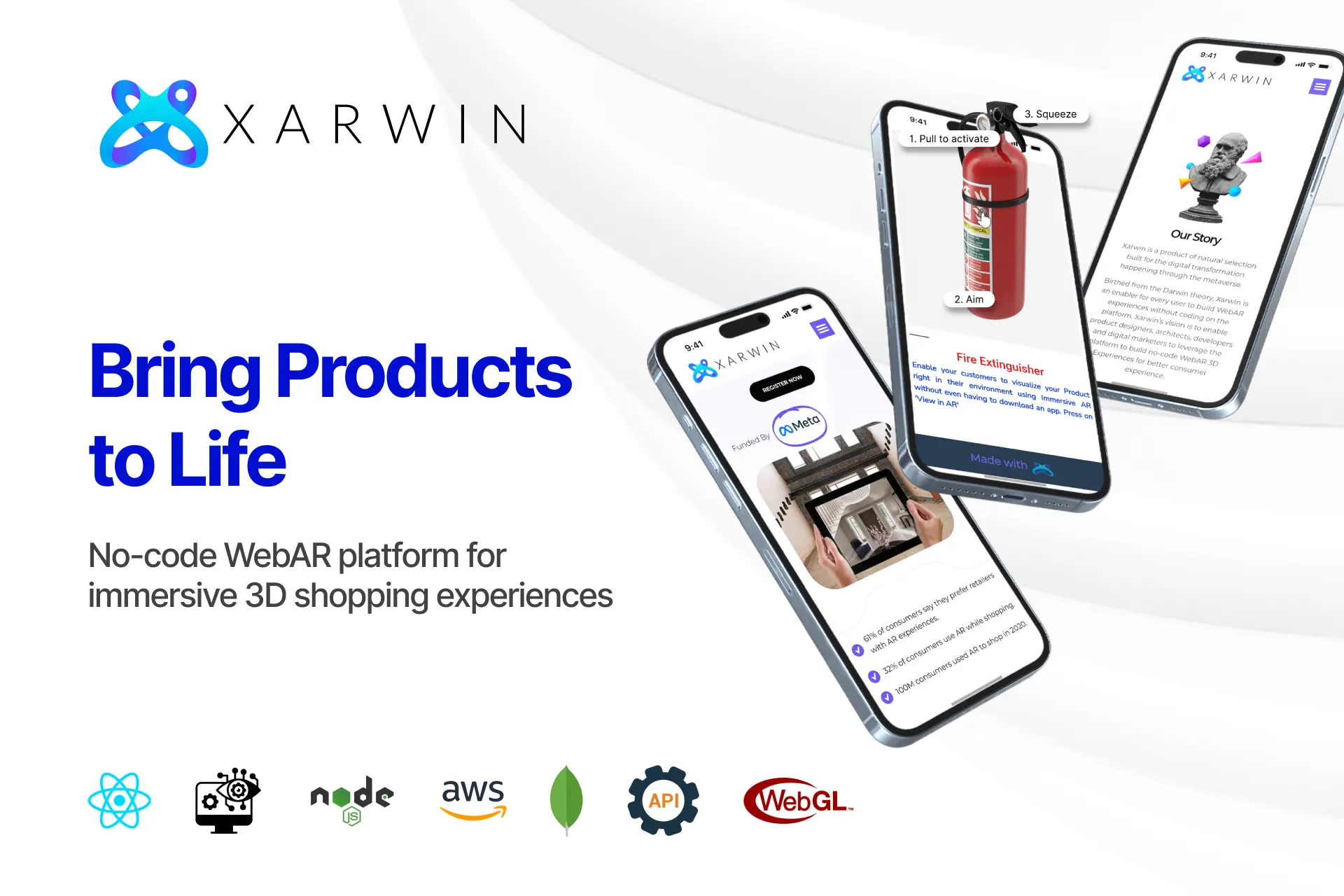
No-code web based AR Platform
Revolutionizing Online Product Showcase with No-Code WebAR Xarwin is


Case Study – Ecostay
Srivalli Ecostays offers a unique hospitality experience, allowing guests




